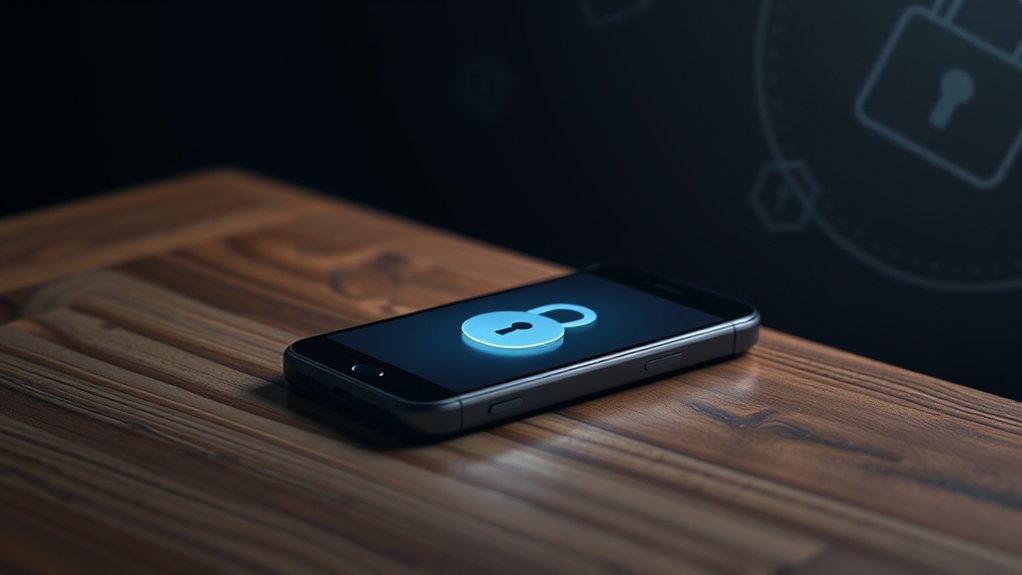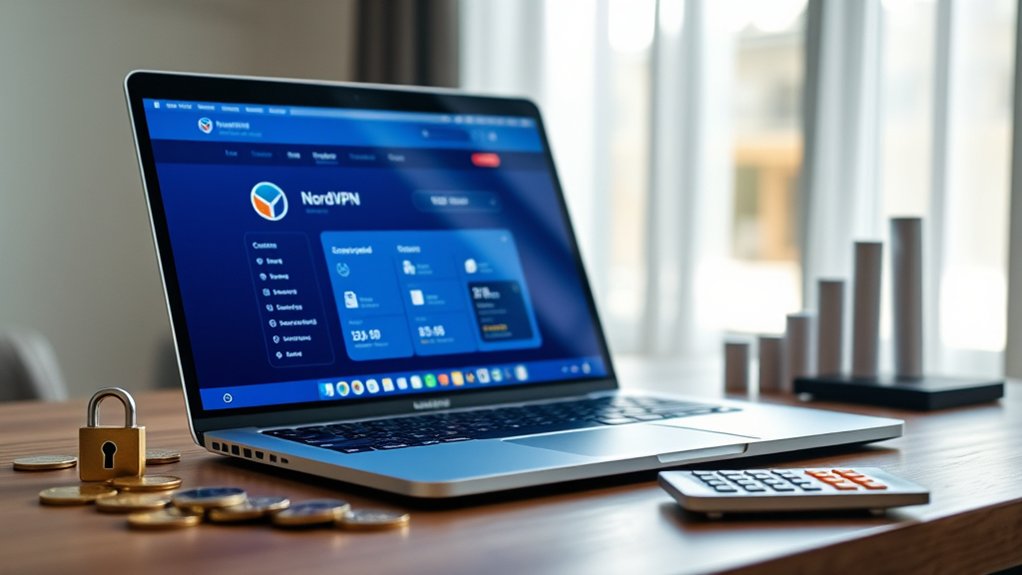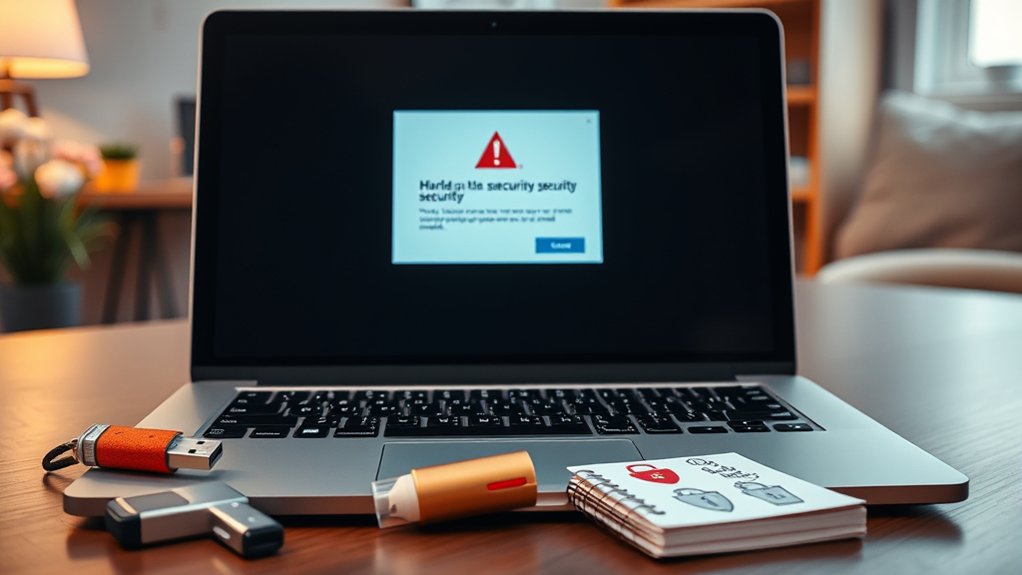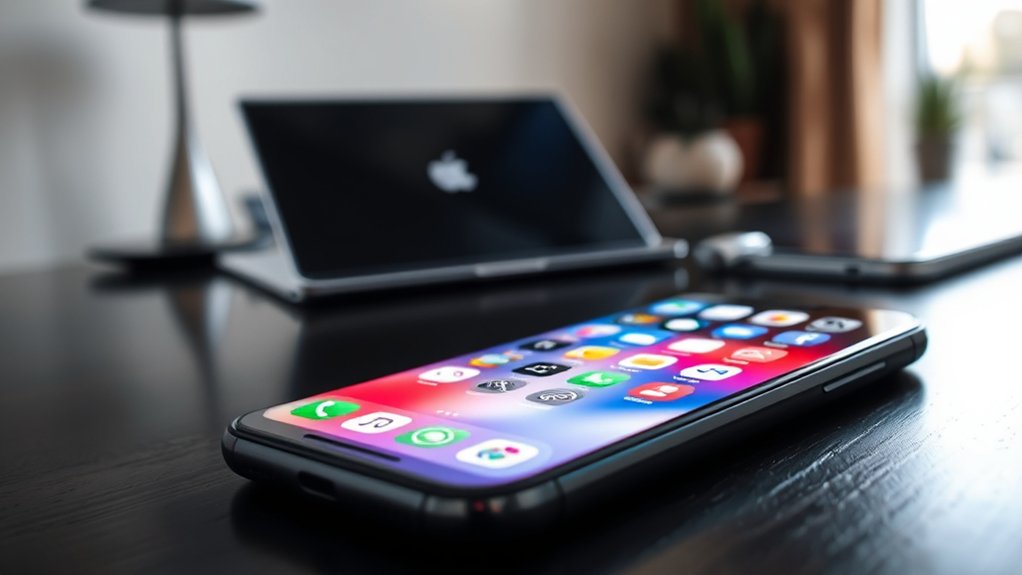The most secure phone for privacy is the Blackphone PRIVY 2.0, known for its sturdy encrypted communications through the Silent Circle app. Alternatives like the Apple iPhone 16 Pro Max utilize secure enclaves for cryptographic operations, enhancing data protection. The Purism Librem 5 offers physical privacy switches to disable cameras and Wi-Fi, whereas the Murena 2 minimizes data collection with a de-Googled Android system. Each option reflects the urgent need for safeguarding personal information in an increasingly insecure digital environment. More insights are available on emerging technologies.
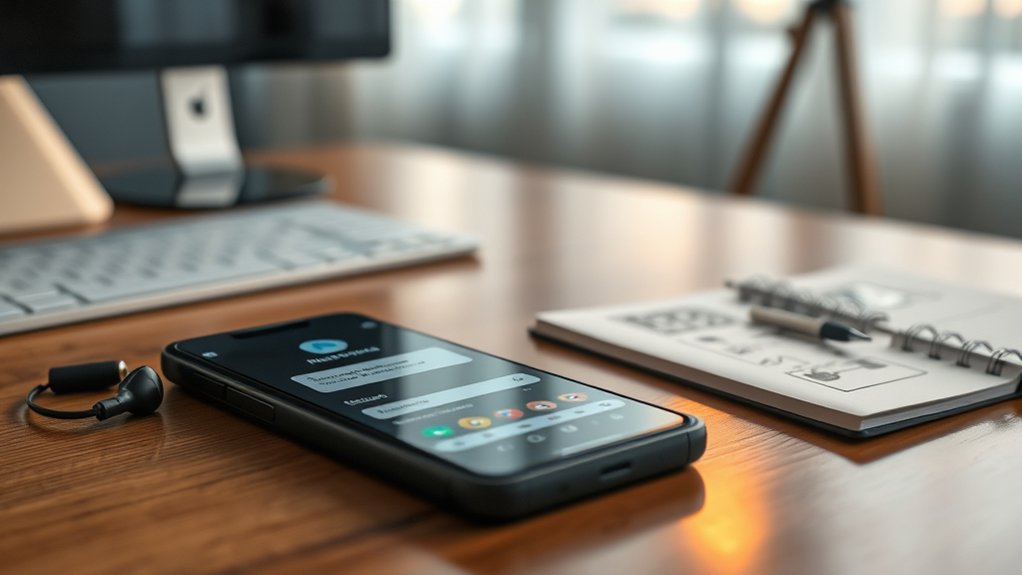
In an era where personal privacy is increasingly threatened by digital surveillance and data breaches, secure phones have emerged as important tools for safeguarding sensitive information. Among the most notable devices is the Blackphone PRIVY 2.0, which excels in encrypted communications through the Silent Circle’s Silent Phone app. This phone provides users with an advanced yet user-friendly method to prevent unauthorized access to their conversations.
Secure phones like the Blackphone PRIVY 2.0 offer advanced encryption to protect sensitive communications from unauthorized access.
Conversely, the Apple iPhone 16 Pro Max features a secure enclave, a dedicated component for cryptographic operations, and utilizes Face ID technology, strengthening security for personal data, including biometric and payment information. This approach not only improves consumer confidence but additionally exemplifies industry standards in privacy safeguarding. Moreover, many mainstream smartphones remain vulnerable to hacking and digital breaches, highlighting the need to consider secure options. Additionally, installing apps from the official app store enhances overall device security by ensuring that malware is minimized.
The Murena 2 stands out for operating on a de-Googled version of Android, which minimizes reliance on Big Tech’s data collection practices. With physical privacy switches, this device allows users to manage hardware functionality, effectively granting them control over their privacy settings.
In addition, the Purism Librem 5 includes kill switches that permit users to disable cameras and Wi-Fi, addressing potential external surveillance concerns. For those requiring uncompromised security, the Sirin Labs Solarin offers military-grade encryption, though its premium pricing of $17,000 may be a barrier for many.
Regular software updates across these devices are fundamental for maintaining security integrity by addressing newly identified vulnerabilities. Privacy-focused alternatives such as the FairPhone and PinePhone highlight modular designs and open-source software, appealing to users valuing transparency in device functionality.
Collectively, these phones demonstrate that advanced security features, such as end-to-end encryption and the use of tamper-resistant materials, are important for protecting user data. Today’s digital environment demands strong solutions for privacy protection, and secure phones represent a significant step toward preserving personal information against pervasive threats.
The growing array of options makes certain that consumers can find a secure phone tailored to their specific privacy needs.
Frequently Asked Questions
Are Secure Phones Completely Immune to Hacking Attempts?
Secure phones are not completely immune to hacking attempts. In addition, these devices incorporate advanced security features such as physical kill switches and de-Googled software; vulnerabilities persist.
Experts note that human error, like falling for phishing schemes, often compromises security. Furthermore, threats such as network spoofing and spyware can infiltrate secure systems if users permit broad app permissions.
Continuous software updates and stringent app management are critical for maintaining a high level of security.
How Much Do Secure Phones Typically Cost?
Secure phones typically range in price from $500 to over $17,000, reflecting their varying features and capabilities.
For example, the Blackphone PRIVY 2.0, noted for its value, offers strong security at a competitive price.
Conversely, the Sirin Labs Solarin, equipped with military-grade encryption, represents the premium end of the market.
Can I Use My Current Number With a Secure Phone?
Current number usage with secure phones is typically feasible, provided compatibility with the existing carrier is guaranteed.
Many secure devices facilitate number porting, requiring the correct type of SIM card.
In addition, dual-SIM capabilities on some models boost flexibility, allowing simultaneous use of both numbers.
To successfully transfer a number, users should backup their data, inform their current carrier, and verify functionality post-transfer to confirm seamless operation of calls and data services.
What Operating System Do Secure Phones Run?
Secure phones typically operate on specialized operating systems that prioritize user privacy and data protection.
Examples include GrapheneOS, emphasizing strong security features, and /e/OS, which minimizes reliance on major corporations.
iOS likewise merits consideration for its closed-source architecture, limiting potential security vulnerabilities.
Such systems integrate frequent updates and stringent app guidelines to protect against data breaches.
The combination of these operating systems with secure hardware solutions improves the overall resilience of these devices against threats.
Do Secure Phones Support All the Same Apps as Regular Phones?
Secure phones do not universally support all the same applications as regular phones. Although many popular apps are accessible, stringent security protocols may restrict some installations, minimizing potential vulnerabilities.
For instance, iOS and certain Android secure devices highlight verified applications from their respective app stores, thereby ensuring quality control. This curated approach can limit app availability but improves the overall security of user data, according to cybersecurity analysts who advocate for stringent app oversight.
